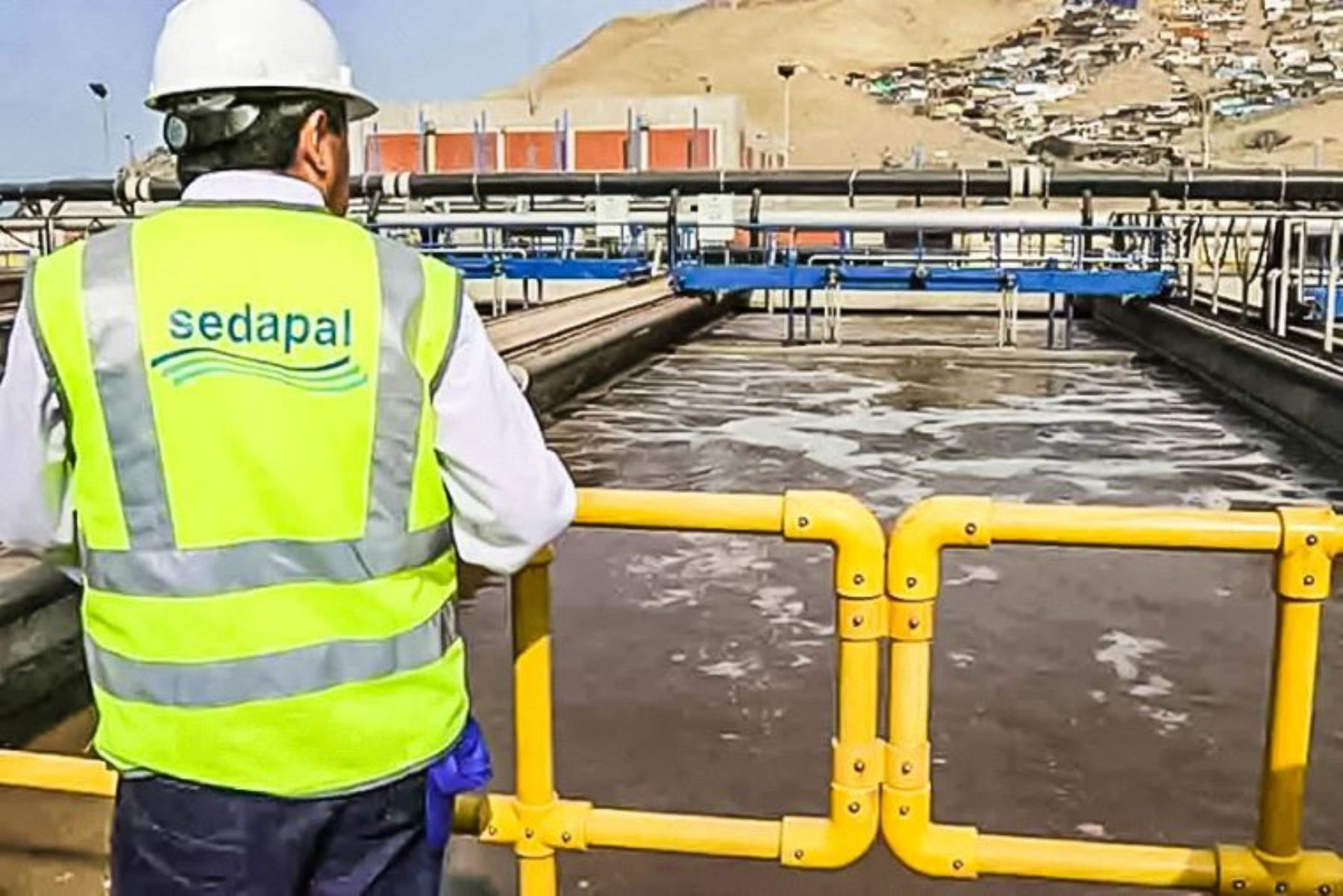
The National Superintendency of Sanitation Services (Sunass) reported that during the first half of 2023, The sanitation service provider companies (EP) only used on average 13.98% of their funds from tariffs.as, that is, S/197.5 million (S/152 million for the execution of Sedapal and S/45.5 million for other SOEs).
According to the entity, the low level of investment execution, compared to what was programmed in its tariff studies, had a decrease of almost 3 percentage points, since it went from 16.93%, achieved in the first half of 2022, to 13.98%, in 2023, which limits the expansion and improvement of sanitation services, even more so when in Peru 3.1 million people do not have access to drinking water and 8.6 million do not have sewage.
The report shows that the main decrease is in the group of ‘Large 1’ companies and Sedapal, which went from 24.14% to 13.77% compared to the first half of 2022 and 2023, respectively.
In detail, Sedapal—the largest provider in the country—has executed 33.5% of what was programmed in its rate study for this year. Meanwhile, Sedapar (Arequipa) executed 21.4%, EPS Tacna 19.6%, Sedacusco 8%, EPS Grau (Piura) 7.4%, Sedalib (La Libertad) 6.5% and Epsel (Lambayeque) ) 0%, in the first half of 2023.
For its part, among the ‘Big 2’ companies, the highest percentage of investment reaches 37.4% of Emapa Cañete, followed by Sedacaj (Cajamarca) with 27.3%, Agua Tumbes with 16.3%, Seda Ayacucho with 14.1%, Emapa San Martín 13.4%, Semapach 12.8%, Sedaloreto 6.3% and Emsa Puno 1.9%.
In the group of ‘Medium’ companies, there are 3 EPs that have not executed any investment (Emapat de Tambopata – Madre de Dios, Emapa Huaral and EPS Selva Central de Junín), while in the group of ‘Small’ companies, this situation It is repeated in Emapa Pasco, EPS Calca (Cusco), Emapab, EPS Rioja (San Martín), Emaq and Emapavigs (Nasca), in the indicated period.
It should be noted that the investments programmed in the tariff studies outline a route of orderly and efficient improvements for a period of five years, with goals such as increasing the continuity of drinking water, renovation and installation of meters, construction of conduction lines to reach to new users, among others.
For this reason, Sunass supervises that SOEs meet the management goals established in their tariff studies. In the period 2016-2022, Sunass has imposed 113 sanctions for non-compliance with management goals, of which 78 (69%) were fines and 35 (31%) were written reprimands. Between January and July 2023, 7 EPs have been sanctioned for failing to meet the management goals of the tariff studies.
According to the Sunass report, the causes of these low levels of investments are diverse. One of them is the prioritization of projects outside the tariff study. Another cause is the slow processes for obtaining licenses and permits for sanitation projects. Added to this is the delay in the formulation of the projects, observations on the files, among others. With the information presented, Sunass developed a rating system based on two criteria: order and effectiveness, which shows that there are EPs in critical and non-critical status, as shown in the following table:
Source: Larepublica
Alia is a professional author and journalist, working at 247 news agency. She writes on various topics from economy news to general interest pieces, providing readers with relevant and informative content. With years of experience, she brings a unique perspective and in-depth analysis to her work.











